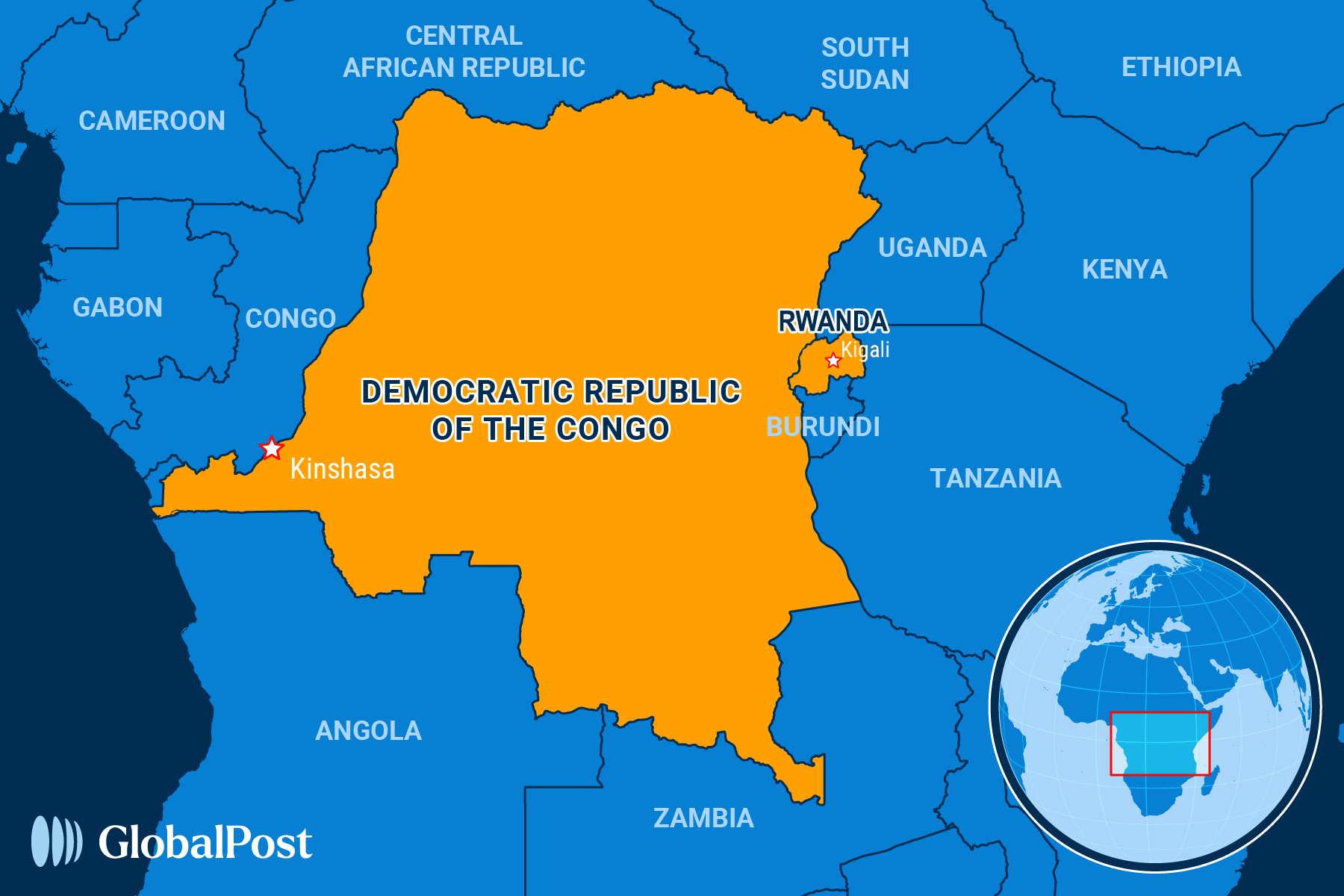The Blood Minerals

Rwandan President Paul Kagame recently won reelection in a landslide, adding five more years to his 24-year rule. At the point that election officials had counted almost 80 percent of the ballots, he had garnered more than 99 percent of the vote. The news was testament to either how popular Kagame remains in his country, as supporters say, or how effectively he’s able to repress the opposition, as critics allege.
On the foreign front, however, things are far less certain. Rwanda has long interfered in its neighbors’ affairs, for example with Burundi. Now, tensions between the Democratic Republic of the Congo (DRC) and Rwanda are worsening, raising fears of more dirty wars, genocides and other tragedies occurring in the region after a few decades of relative stability.
Recently, American diplomats, for example, echoing Congolese President Felix Tshisekedi, raised concerns about Rwanda supporting rebel groups in the eastern DRC. These fighters fund their military operations through illicitly trading minerals like gold and tantalum, reported the East African newspaper. The rebels, furthermore, traffic their so-called “blood minerals” via Rwanda and Uganda, creating financial networks for violent criminals throughout the region.
Specifically, the US says Rwandan leaders back M23, a rebel force mainly made up of Tutsis, which controls tantalum mines near the DRC town of Rubaya. These statements preceded a United Nations report that estimated that as many as 4,000 Rwandan troops are stationed in the DRC alongside M23 fighters. The violence between Congolese government troops and M23, meanwhile, has killed hundreds of people and displaced nearly 2 million.
Rwandan officials have denied responsibility for the atrocities that M23 fighters have allegedly committed, like attacking a camp for disabled people in May which killed at least nine people, Agence France-Presse noted. But, as the Associated Press explained, Rwandan leaders also have admitted to deploying these forces to defend their country against potentially aggressive Congolese forces and to prevent the DRC’s political instability from spilling across their border. Meanwhile, the Rwandan government has justified its involvement with rebel groups on the grounds that it is protecting Tutsi populations from further genocide, wrote Christopher P. Davey of Binghamton University in the Conversation.
Speaking to Al Jazeera, Institute for Strategic Studies researcher Valtino Omolo said these actions could lead to Kagame and other high-level officials facing economic and diplomatic sanctions for meddling in the DRC.
The irony would be embarrassing. Rwanda recently marked the 30th anniversary of its genocide in 1994 when the majority Hutu population massacred 800,000 members of the Tutsi community and others. Now Rwanda stands accused of flouting international norms and human rights. The stakes are extremely high, too. Rwanda and Uganda invaded the DRC in 1996 and 1998, sparking two massive wars that continued the bloodshed in the region.
Still, it’s unlikely that Rwanda’s meddling – in spite of the danger of war breaking out in the region – will lead to sanctions, says World Politics Review.
“Western powers associate Kagame’s time in power with domestic stability, economic growth and an ‘effective’ security partnership in Mozambique,” it wrote, referring to a conflict in the southeast African country between the government and militant groups. “As a result, the West has been eager to overlook the Kagame regime’s domestic human rights abuses and regionally destabilizing behavior.”

Subscribe today and GlobalPost will be in your inbox the next weekday morning
Join us today and pay only $32.95 for an annual subscription, or less than $3 a month for our unique insights into crucial developments on the world stage. It’s by far the best investment you can make to expand your knowledge of the world.
And you get a free two-week trial with no obligation to continue.
